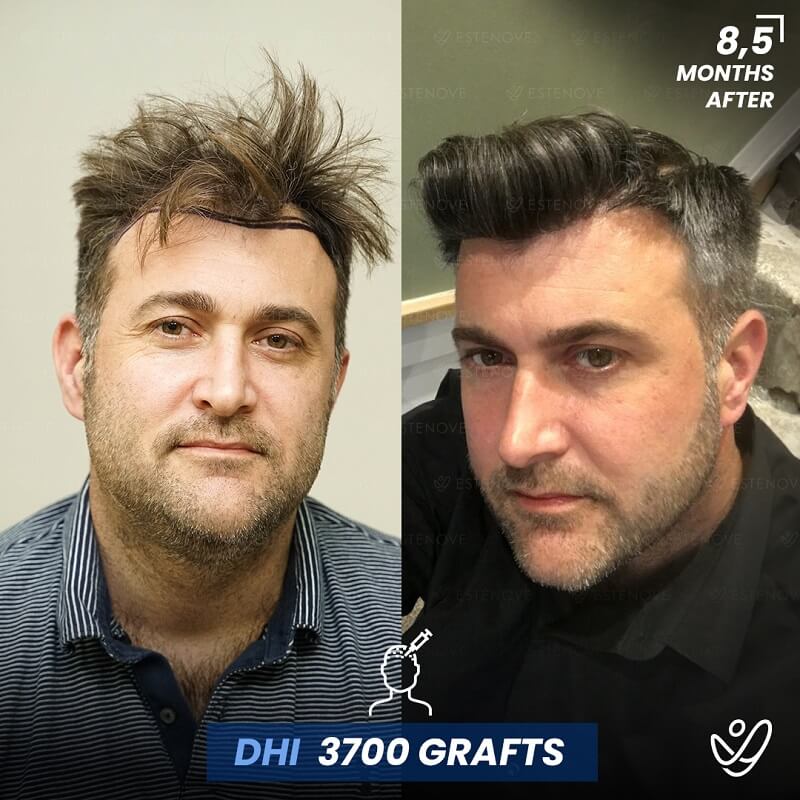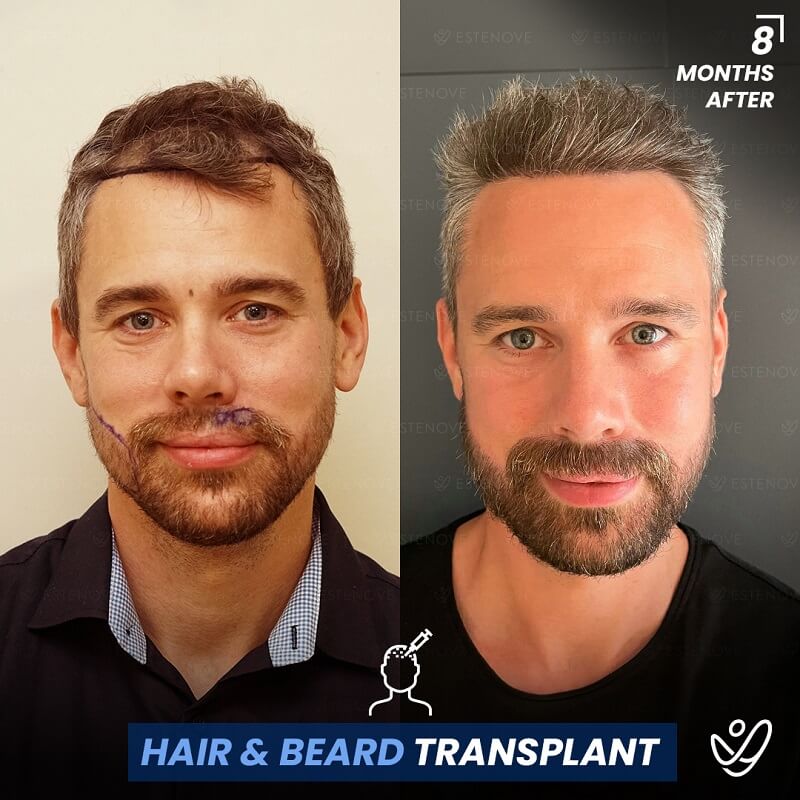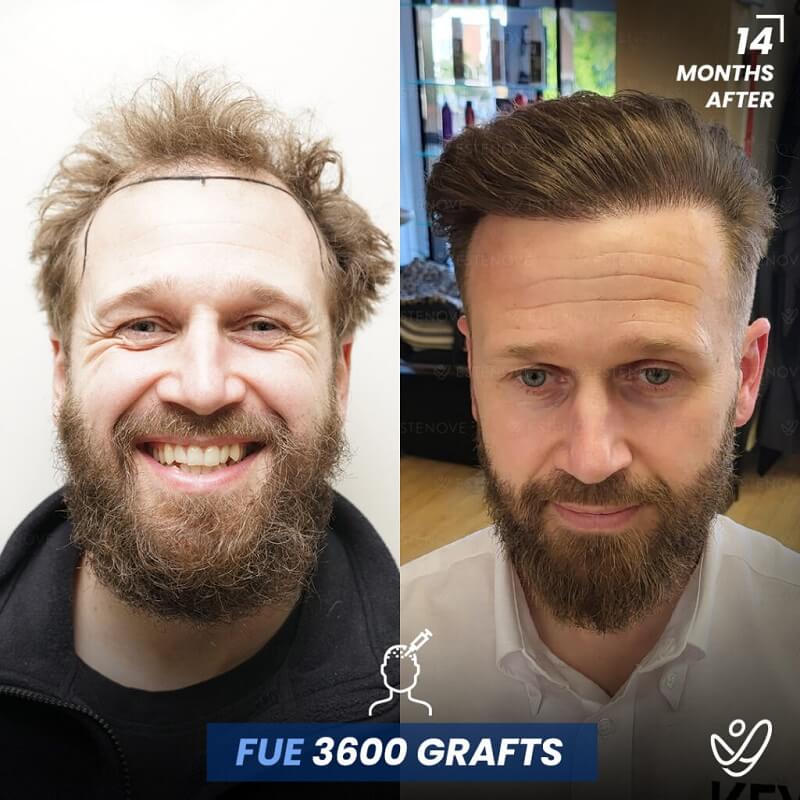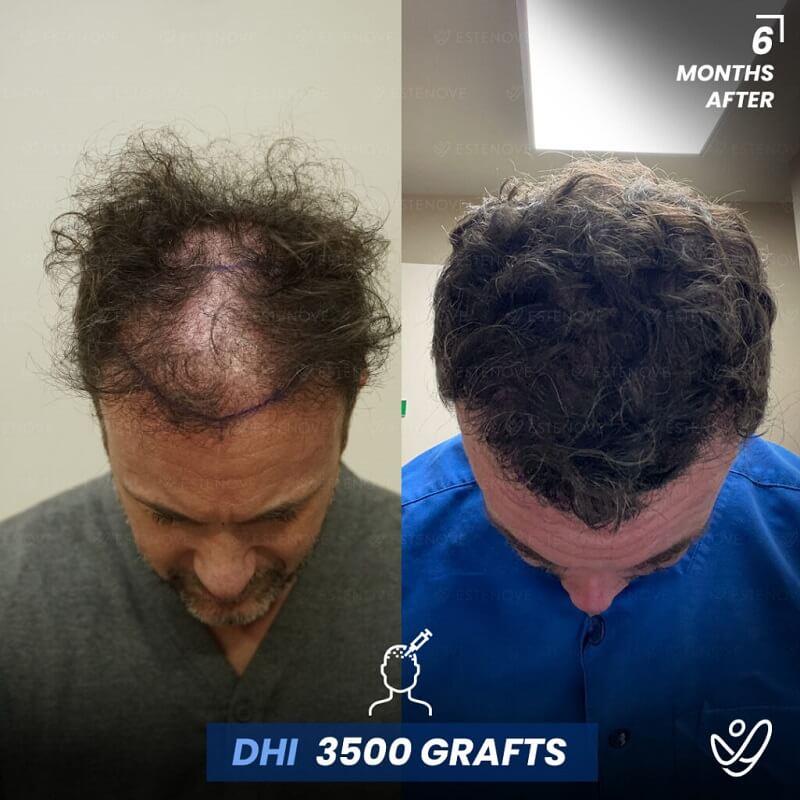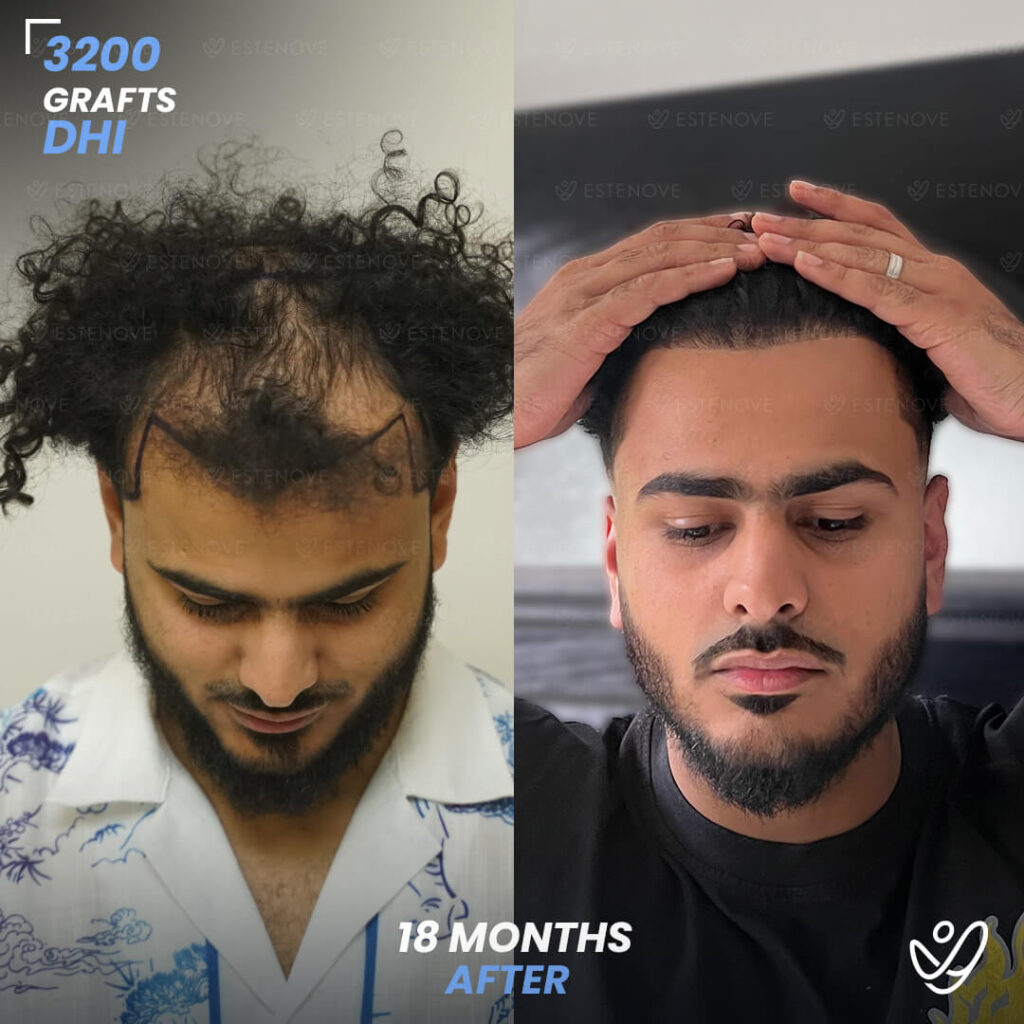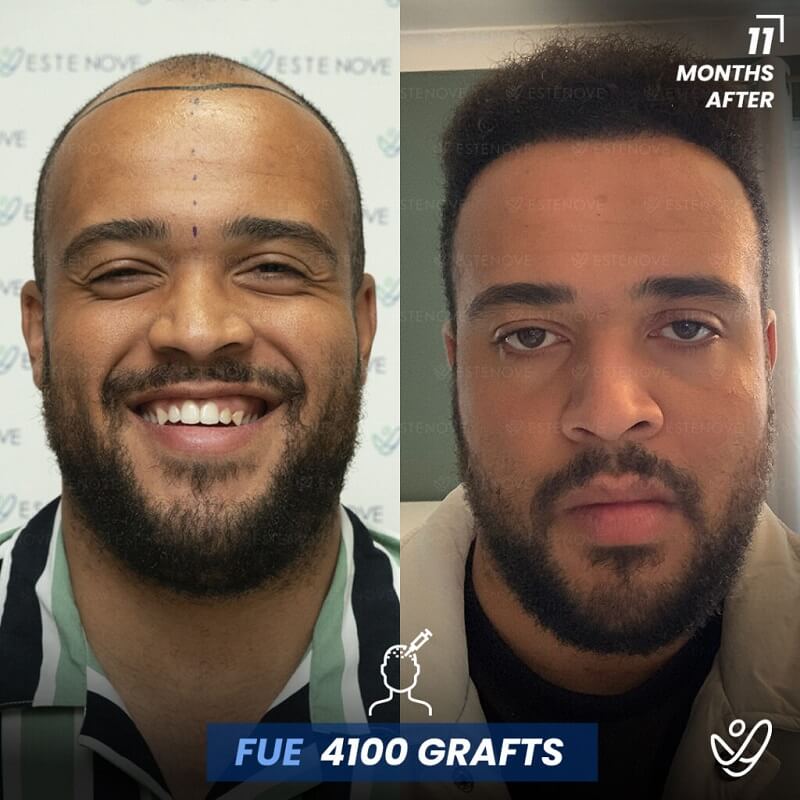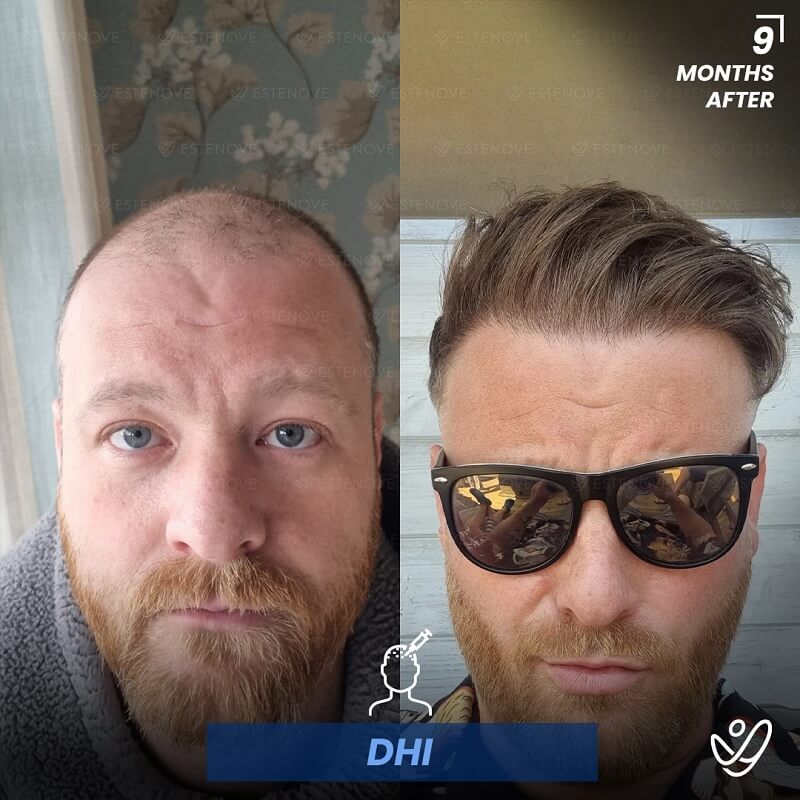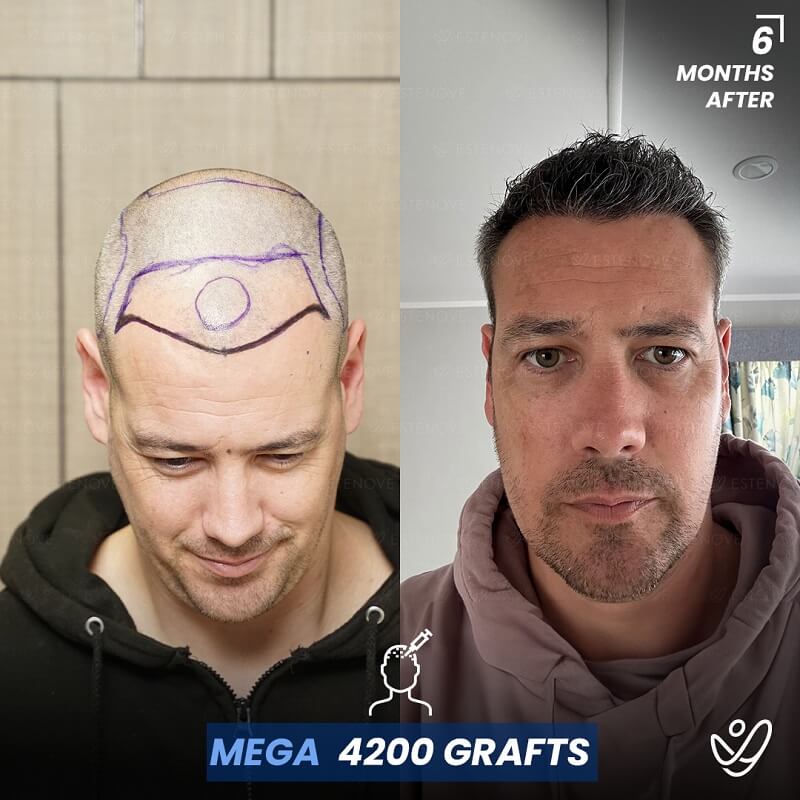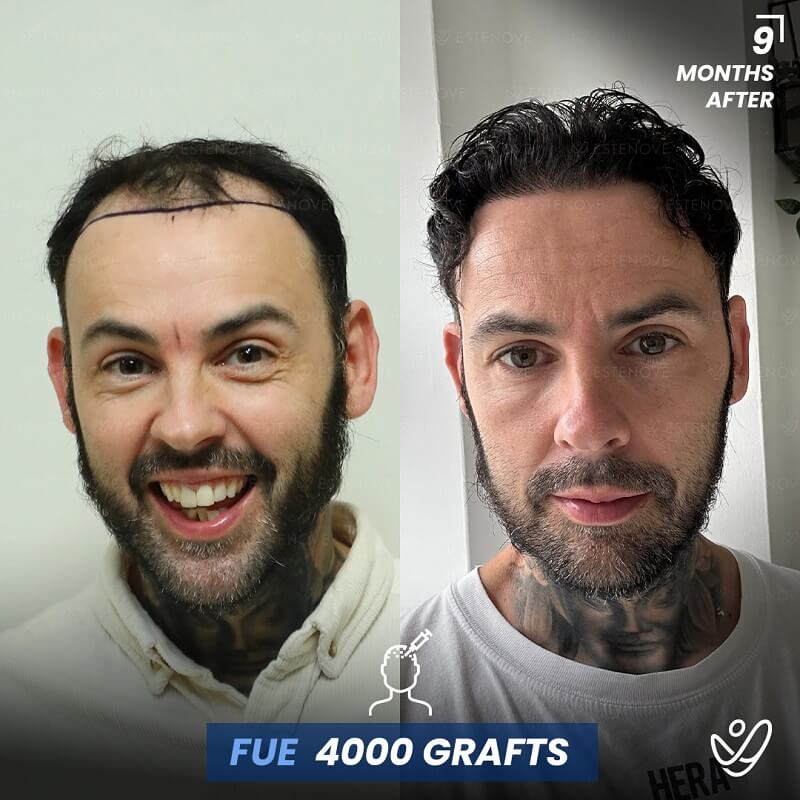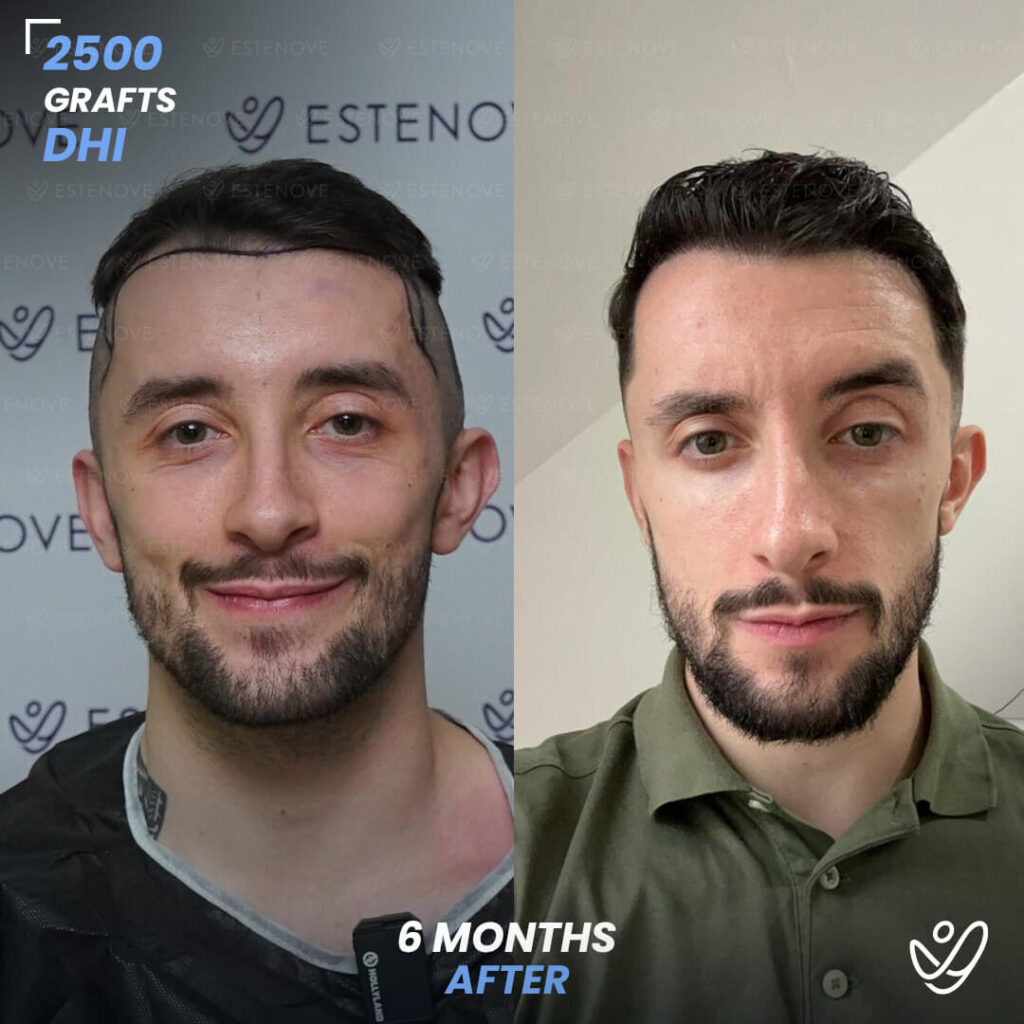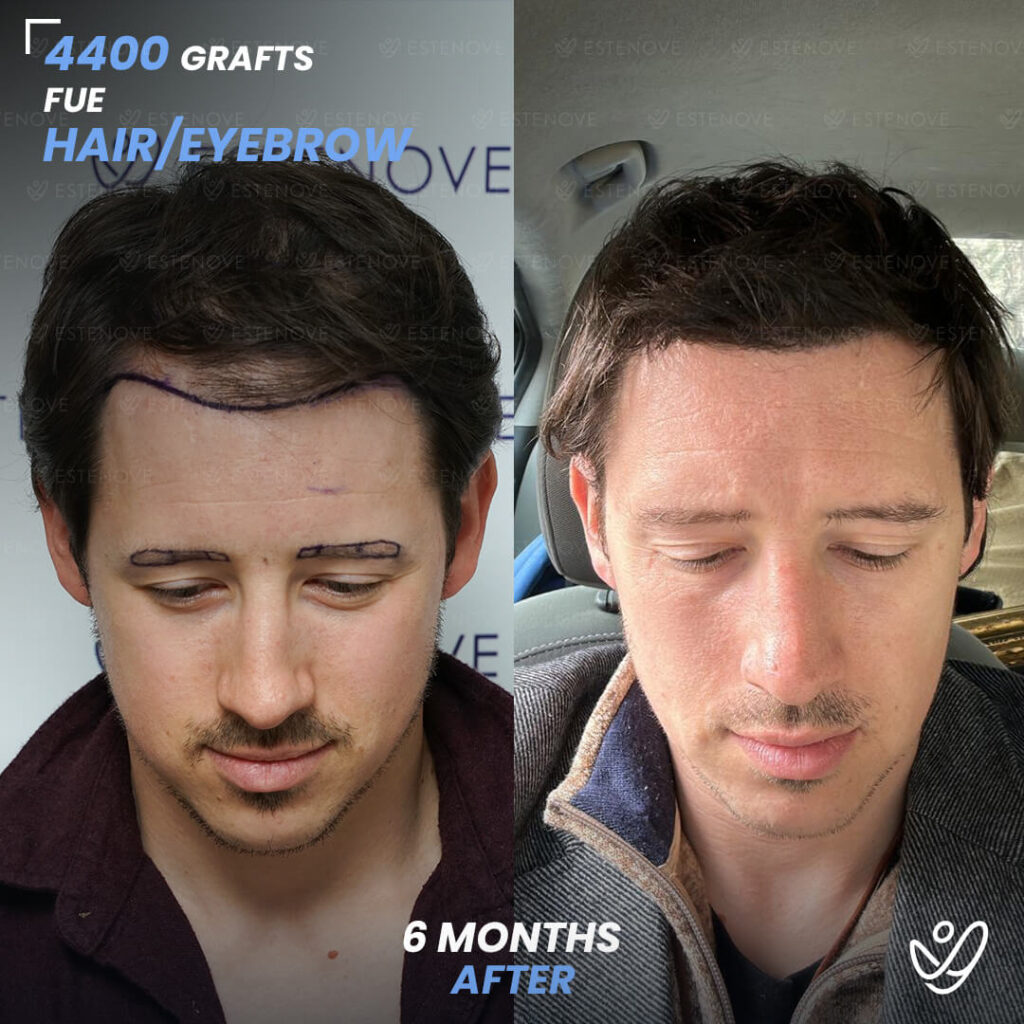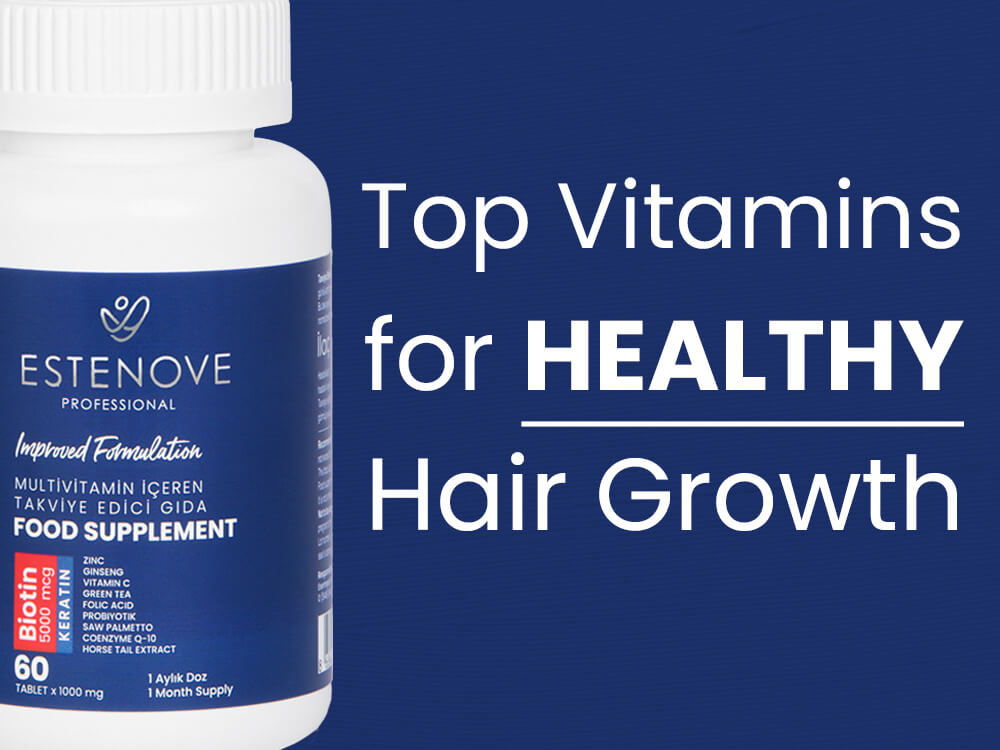
Hair health is often viewed as a reflection of overall wellness. While genetics play a significant role, vitamins are crucial for maintaining and promoting healthy hair growth. Understanding which vitamins support hair health and how they operate can empower you to make informed choices about your diet and lifestyle.
Table of Contents
- Understanding the Role of Vitamins in Hair Health
- Essential Vitamins for Promoting Hair Growth
- How Vitamin Deficiencies Affect Hair Loss
- Other Nutrients Essential for Hair Growth
- Supplements vs. Food Sources
- Common Myths About Vitamins and Hair Growth
- Signs You Might Need More Hair-Healthy Vitamins
- Tips for Achieving Optimal Hair Growth
Understanding the Role of Vitamins in Hair Health
Vitamins play a pivotal role in hair growth and health. They are organic compounds that our bodies require in small amounts for countless physiological functions, including cellular metabolism, hormone balance, and immune responses—all of which impact hair follicles directly.
Each vitamin has a unique function that contributes to the hair growth cycle. Deficiencies in these essential nutrients can lead to slowed hair growth, weakened hair structure, and increased hair loss. Therefore, understanding how these vitamins work is essential for anyone looking to improve hair health.
Among the most critical vitamins for hair health is Vitamin A, which helps in the production of sebum, an oily substance that moisturizes the scalp and keeps hair healthy. A deficiency in Vitamin A can lead to dry, brittle hair and an unhealthy scalp, potentially resulting in hair loss. Additionally, B vitamins, particularly Biotin, are renowned for their role in promoting hair growth and preventing hair thinning. Biotin supports the production of keratin, a vital protein that forms the structure of hair, and is often included in hair care supplements for its beneficial effects.
Vitamin C is another essential nutrient, as it aids in the absorption of iron, a mineral crucial for hair growth. It also has antioxidant properties that protect hair follicles from oxidative stress caused by free radicals. Furthermore, Vitamin E contributes to improved blood circulation in the scalp, ensuring that hair follicles receive adequate nutrients and oxygen, which are necessary for healthy hair growth. By incorporating a balanced diet rich in these vitamins, individuals can not only enhance their hair health but also promote overall well-being, as many of these vitamins support various bodily functions beyond just hair growth.
Essential Vitamins for Promoting Hair Growth
Several vitamins are particularly beneficial for hair growth:
- Vitamin A: Important for cell growth, including hair cells.
- B Vitamins: Such as B7 (Biotin), have been linked to hair growth. They help create red blood cells, which carry oxygen to the scalp.
- Vitamin C: An antioxidant that helps produce collagen, which is vital for hair structure.
- Vitamin D: Essential for the creation of new hair follicles.
- Vitamin E: Supports blood circulation to the scalp, enhancing overall hair health.
Incorporating these vitamins into your diet can significantly affect your hair’s robustness and growth rate.
How Vitamin Deficiencies Affect Hair Loss
A lack of vitamins can manifest in various ways, with hair loss being one of the more visible symptoms. Vitamin deficiencies impede the body’s ability to generate and maintain hair follicles, leading to conditions such as thinning hair and alopecia.
For instance, a deficiency in Biotin can cause hair to become brittle and break easily. Similarly, inadequate Vitamin D levels can halt new hair growth, making it essential for anyone experiencing hair loss to consider their vitamin intake.
When Vitamins Aren’t Enough: Consider the Next Step
While improving your vitamin intake can significantly boost hair health, it may not be enough for everyone—especially if you’re experiencing advanced hair loss. In such cases, a hair transplant might be a viable solution.
Not sure how many grafts you might need? Try our free Hair Graft Calculator to get an estimate your graft needs and potential cost.
Other Nutrients Essential for Hair Growth
While vitamins are crucial, other nutrients cannot be overlooked. Minerals such as iron, zinc, and selenium contribute to optimal hair health. Iron is vital for red blood cell production, ensuring that hair follicles receive essential nutrients. Zinc plays a role in tissue growth and repair, while selenium’s antioxidant properties help protect hair follicles from damage.
Additionally, fatty acids—especially omega-3s—nourish hair and promote moisture retention in the scalp. Including a balance of these nutrients in your diet will enhance vitamin benefits and promote overall hair vitality.
Supplements vs. Food Sources
The debate over whether to obtain vitamins through supplements or natural food sources is ongoing. While supplements can provide concentrated doses of essential nutrients, obtaining vitamins through whole foods has its advantages.
Whole foods not only deliver vitamins but also include fiber and other beneficial compounds that work synergistically. Foods like nuts, fish, fruits, and leafy greens are packed with vitamins and minerals that contribute to hair health.
That said, some people may find it challenging to meet their nutritional requirements solely through diet, especially if they have specific dietary restrictions. In such cases, consulting with a healthcare professional about the possibility of supplementation can be beneficial.
Common Myths About Vitamins and Hair Growth
Numerous myths surrounding hair vitamins exist, and it’s essential to debunk them to make informed decisions. One common myth is that taking extra vitamins will accelerate hair growth exponentially. In reality, over-supplementation can lead to toxicity and isn’t necessarily helpful.
Another misconception is that because certain vitamins are good for hair growth, they will work as a cure for baldness. Hair loss can have various underlying causes, and simply increasing vitamin intake may not resolve the issue.
Signs You Might Need More Hair-Healthy Vitamins
Recognizing the signs of vitamin deficiency can help you address potential issues before they worsen. Look for symptoms like excessive hair shedding, brittle strands, and scalp dryness. If you notice these signs, it might be time to evaluate your diet.
Additionally, fatigue and poor skin health can also indicate deficiencies, as these issues often relate back to nutrient intake. Regular check-ups and blood tests can also guide you in understanding your nutrient levels and needs.
Tips for Achieving Optimal Hair Growth
To achieve optimal hair growth, consider the following expert recommendations:
- Prioritize a balanced diet rich in the essential vitamins and minerals mentioned.
- Stay hydrated, as water is crucial for maintaining moisture in your scalp and hair.
- Regularly assess your hair care products to ensure they support hair health and do not contain damaging chemicals.
- Limit heat styling and chemical treatments that can compromise hair integrity.
- Consider supplements if you suspect deficiencies, but consult with a healthcare provider for tailored advice.
Understanding the role of vitamins and nutrients can significantly impact your hair health. With the right approach to nutrition and care, you can promote stronger, healthier hair growth that radiates vitality.

